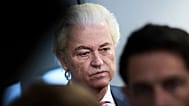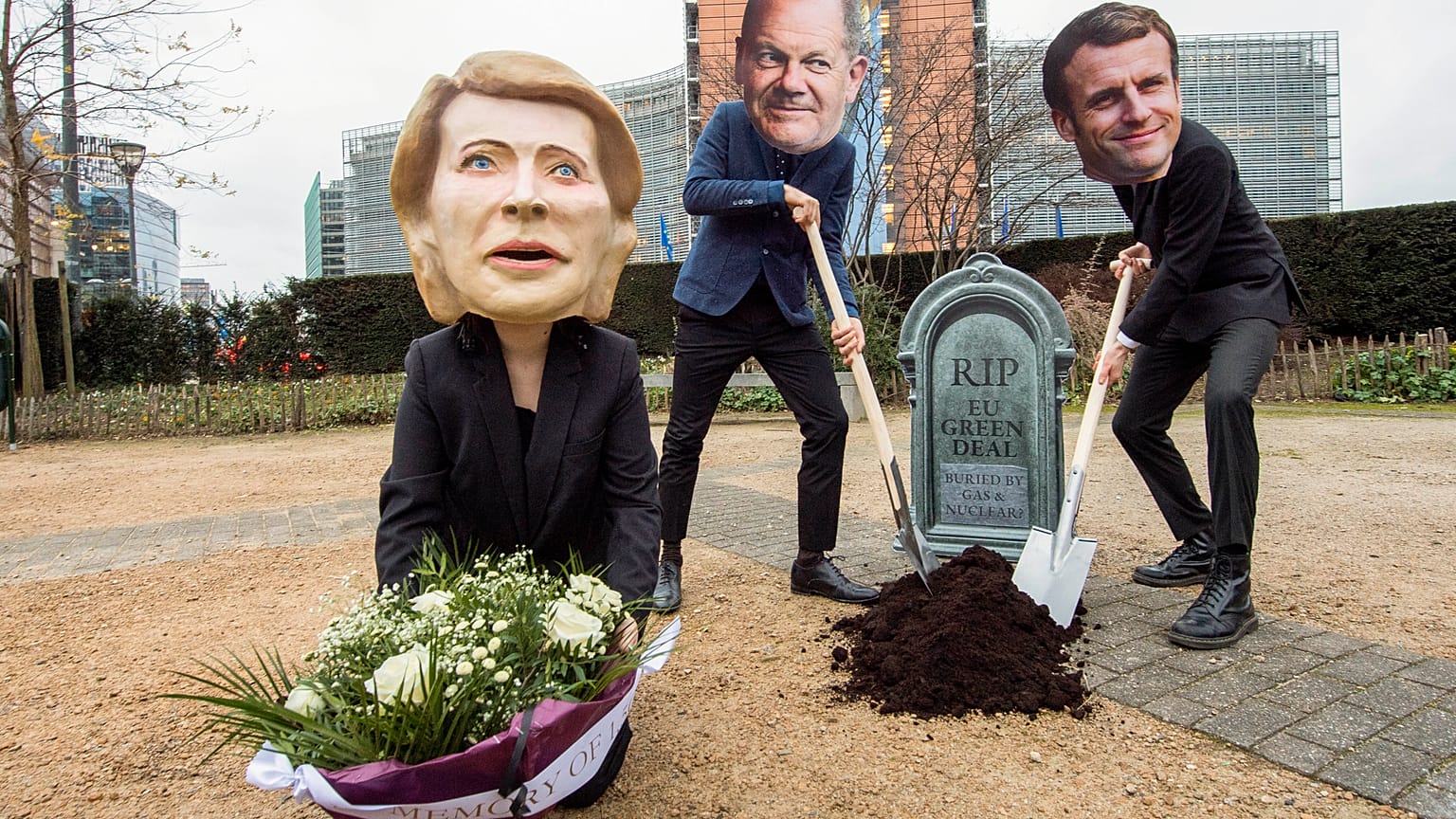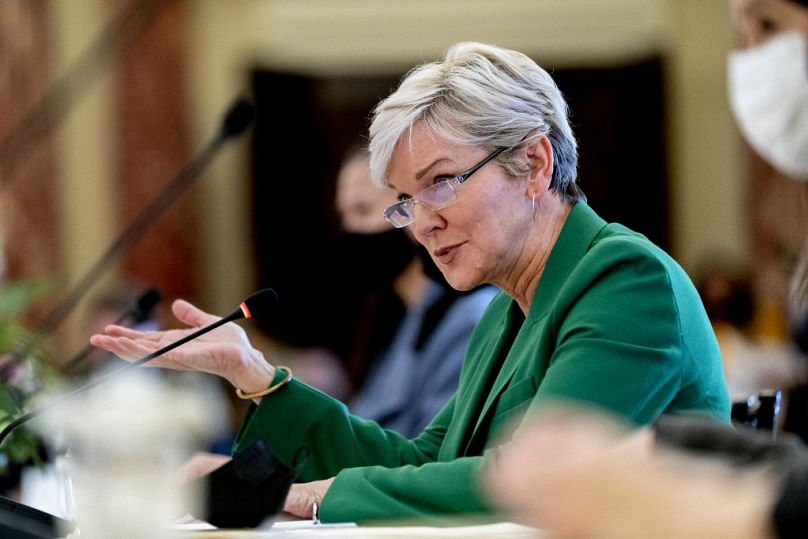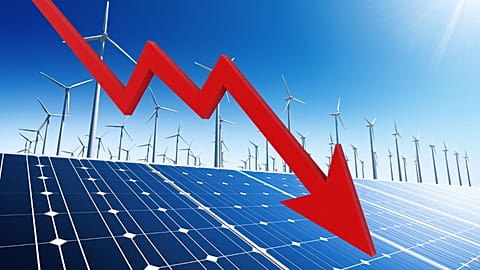There are 'light green' funds with limited claims to sustainability and more climate-focused 'dark green' products.
Around 40 per cent of European Union-listed fund assets are now marketed as sustainable - that amounts to over 4 trillion euros.
It's the latest sign of soaring demand for products considered "greener", according to financial services company Morningstar.
The 4.05 trillion euro figure collected at the end of 2021 is up from about 2 trillion euros in April last year, shortly after the rules were introduced.
A fund is a pool of money that is allocated for a specific purpose and each of its assets represents a product, in this case within the EU.
The recent growth is down to investors putting more money into products that sell environmental, social and governance (ESG) goals, and as managers reclassify more of their existing products as sustainability-aligned.
How do you classify funds as green?
While the EU's new regime has been hailed as a significant boost to transparency, critics say loose definitions have allowed managers to take very different approaches to how they classify their funds.
That has led to a wide range of products, from 'light green' funds with limited claims to sustainability, to more climate-focused 'dark green' products marketed under the same categories.
Morningstar says some funds called themselves sustainable had made no changes to their portfolio, such as selling out of certain companies or sectors.
"Such light-touch and business-as-usual approaches have legitimately raised concerns that asset managers are greenwashing their product ranges," the report's authors said.
Investors "could be misled in thinking that funds marketed as promoting ESG characteristics or pursuing sustainable goals" were different from funds not marketed that way.
"That said, it is also important to keep in mind that 'SFDR' (Sustainable Finance Disclosure Regulation) classification is about disclosing relevant ESG information - but it doesn't constitute an ESG label - and additional analysis and metrics are required to assess funds' ESG credentials," the authors add.
Morningstar's analysis covered 91 per cent of the funds domiciled in the EU.



















